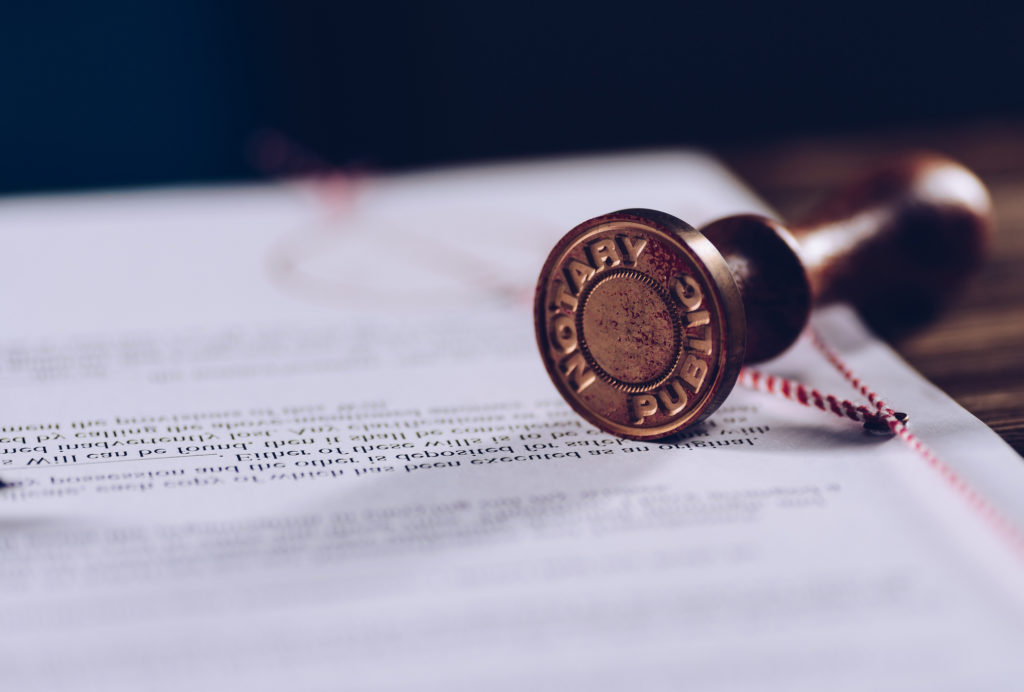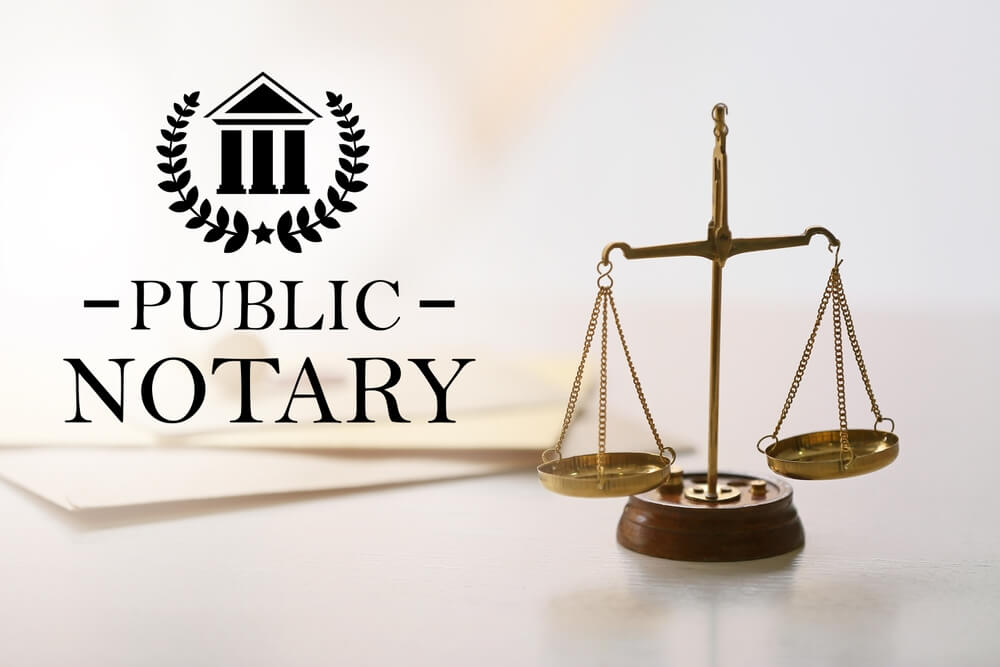Deceased Estate Management: Handling Properties and Affairs After Passing
Debunking Notarial Job: Streamlining the Role and Value of Notaries
Their function, commonly shrouded in enigma for numerous, carries considerable weight in ensuring the credibility and honesty of important files. By unwinding the intricacies shedding and bordering notarial techniques light on the importance of their acts, a more clear understanding emerges of the vital duty notaries play in maintaining the fabric of legal and lawful contracts.
The Background of Notarial Job
Exactly how did notarial job develop gradually to come to be an integral part of lawful and business transactions? The background of notarial work dates back to old civilizations, where scribes played a crucial function in videotaping important information and validating papers. As societies proceeded, the need for a more formalized system to ensure the credibility of contracts developed. This caused the advancement of notaries, individuals assigned by the state to function as neutral witnesses in legal matters.
Throughout the Middle Ages, notaries got prominence in Europe, with their functions increasing to include composing lawful documents, licensing signatures, and maintaining documents. The surge of international profession further emphasized the importance of notarial operate in confirming contracts and arrangements throughout boundaries.
In the contemporary period, notaries remain to play an important role in legal and service purchases by confirming identities, confirming the credibility of records, and stopping fraudulence. Their function in accrediting the legitimacy of arrangements includes a layer of safety and count on to the ever-evolving landscape of business and legislation.

Tasks and Responsibilities of Notaries
Notaries play a crucial duty in confirming the credibility of papers and the identification of signatories. One of their main duties is to witness the signing of important documents, such as deeds, wills, and agreements, to make sure that all celebrations are entering right into contracts purposefully and voluntarily.
They license copies of initial records, providing guarantee to establishments that the copies are real reproductions of the originals. Generally, the tasks and obligations of notaries are necessary in guarding the honesty and validity of various records and transactions - DIRCO.
Notarial Certificates and Signatures
Exhibiting thorough attention to detail, notarial certificates and trademarks work as vital elements in validating the authenticity of lawful files. Notarial certifications usually consist of important info such as the date of registration, the names of the signatories, a description of the paper, and the notary's official seal. These certificates offer a clear record of the notarial act, ensuring that the file can be easily identified and traced back to the notary who supervised the procedure.
Signatures play a pivotal duty in notarial work, as they signify the contract and permission of the celebrations involved. Notaries thoroughly witness the signing of papers to confirm the identification of the notaries and validate that they are signing of their very own free will. By attaching their official seal and signature to the paper, notaries accredit that the essential treatments have been complied with and that the document is valid and enforceable.
Fundamentally, notarial certificates and signatures are the characteristic of authenticity in legal purchases, offering assurance to all celebrations involved that the records are reputable and binding.
Importance of Notarial Acts

Registration Refine Explained
Discussing the notarization procedure provides clarity on the vital actions included in validating legal documents. The notarization procedure usually starts with the individual presenting the record to a notary public. The notary then validates the signer's identity through appropriate recognition approaches. Once the identity is validated, the notary makes sure that the private authorizing the record does so willingly and without any type of coercion.

Final Thought

Notarial certificates commonly contain important info such as the day of notarization, the names of the signatures, a great post to read description of the file, and the notary's official seal. These certifications offer a clear record of the notarial act, ensuring that the record can be conveniently determined and mapped back to the notary who supervised the process.
By affixing their main seal and trademark to the record, notaries accredit that the needed treatments have actually been adhered to and that the paper is legitimate and enforceable.
By confirming the identification of the signatories, confirming their desire to get in right into the arrangement, and accrediting the date and location of the signing, notaries play a vital duty in maintaining the credibility of lawful files.After the file is authorized, the notary will certainly affix their main seal or stamp onto the paper.